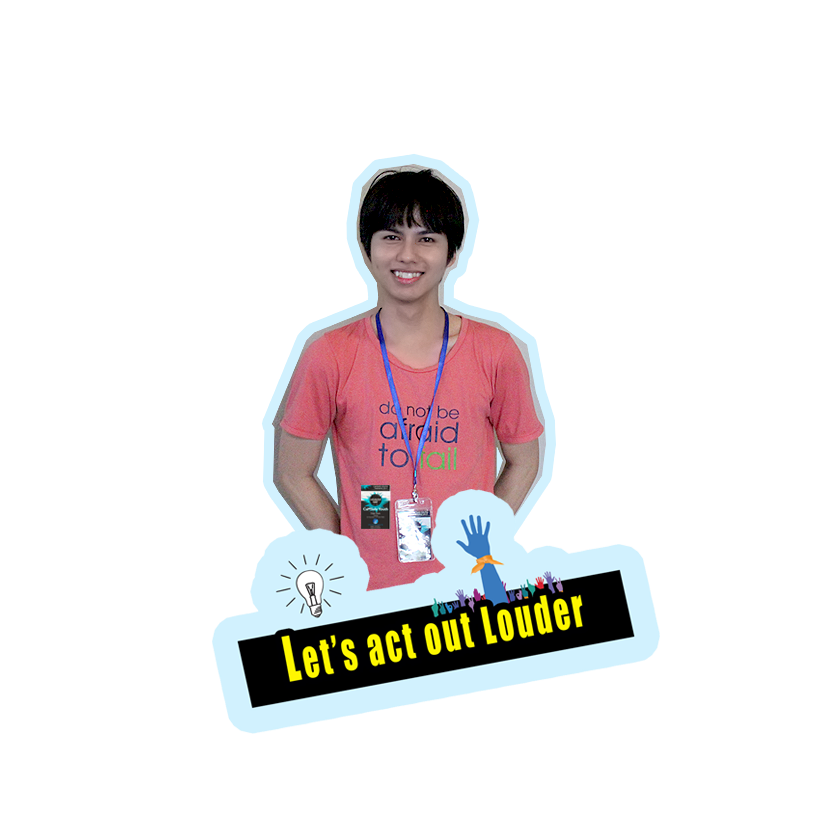Week 04- CaMSafe Youth Training 2017
" Research Methodology "
Date: 2017-05-27
Hidden talent? Maybe? Not maybe but absolutely. From week to week, we always prepare something new yet exciting to fellow youth whether it is lesson based or activity based. Youth this week got to express their hidden talent through our unprecedented role play activity under the themes of Unboxing themselves and the impacts of volunteering on themselves as well as the surrounding environment. What impressed us with our roleplay activity was seeing them being creative, flexible, and emotional at the same time. They were enjoying the play while they were realizing the behind meaning of the plot, the value of the story. That’s what we are working on, the interpersonal learning style which links to youth behavioral change.
Not end yet, the continued session was about something not just youth but most people are curious about. Data, survey, research, and research methodology; those are what we hear all the time both during academic study and working concept. No nature is as a curious mind as human nature. Not surprisingly, when a new area is folded, research is needed. We are so curious that we designed a training session on Research Methodology. Our key speaker; the experienced in the field of research study Mrs. Gnim Chandara, passed on the knowledge, concept, and advice of research mainly focus on Survey Research to youth. Various main points of research lesson were lectured by Mrs. Chandara such as knowledge generation, types of research, purposes of research and survey, advantages of survey, survey methods, biases and errors in survey, and data collection methods. These lessons will play a significant part in our future research project that we want youth to gain insight about. “Human generates their knowledge from human inquiry process and scientific inquiry process. Human inquiry often makes mistake by drawing conclusion on the basic of only a few observations, scientific inquiry avoids this mistake via logic, evidence, methodology, replication, and rationality. So, using scientific inquiry in conducting research makes our observations more deliberate and more empirical, also more professional. ”, an important message from the key speaker. The session was ended a bit late yet much new knowledge was learned. Let’s look forward to what’s more beneficial for our next training session which will be held on June 24th, 2017.

